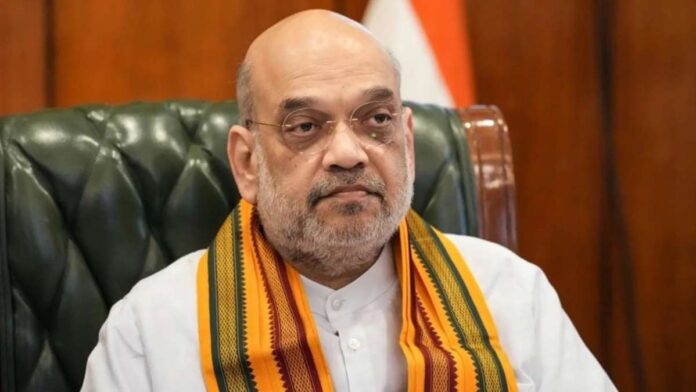GG News Bureau
New Delhi, 17th Oct. The Union Home Ministry has directed all states to adopt measures, including the implementation of Section 479 of the Bharatiya Nagarik Suraksha Sanhita (BNSS) 2023, to provide relief to undertrial prisoners and address the issue of overcrowding in prisons. The initiative is aimed at expediting the release of eligible undertrial inmates through bail provisions.

Overcrowded prisons and the large number of undertrial prisoners have long been a concern for the government. In a communication to the states, the Home Ministry emphasized the need for measures to alleviate the situation and highlighted efforts, including financial support to states and union territories, to facilitate the release of undertrial prisoners.
Section 479 of BNSS: Key Provisions for Undertrials
The ministry underscored the importance of Section 479 (1) of the BNSS, which came into effect on July 1, 2024. This provision allows undertrial prisoners, who have been detained for a period extending up to half of the maximum imprisonment term for their alleged offense, to be released on bail. However, this relief does not apply in cases where the maximum punishment is life imprisonment or the death sentence.
A new addition to the provision specifies that first-time offenders—those who have not been previously convicted—may be released on bond if they have completed one-third of the detention period specified for their offense.
Responsibility of Jail Superintendents
Section 479 (3) of the BNSS places a responsibility on Superintendents of Prisons to apply for the release on bail of undertrial prisoners who meet the specified criteria. This follows a Supreme Court directive from August 23, 2024, which stipulated that Section 479 of the BNSS applies to all pending cases, regardless of whether they were registered before or after the law’s implementation date.
The Court instructed jail authorities nationwide to submit applications to the concerned courts for the release of undertrials who have completed the specified detention period.
E-Prisons Portal for Efficient Processing
To assist state and union territory prison authorities in identifying eligible prisoners, the Home Ministry has integrated relevant provisions into the national E-Prisons portal. This tool helps jail authorities access data, including the type of offense, maximum sentence, and detention duration, enabling a streamlined process for identifying undertrial inmates eligible for bail applications.
The ministry has asked all states and UTs to ensure compliance with the legal mandate and disseminate the information to relevant officials, particularly prison superintendents, to monitor the effective implementation of the new BNSS provisions. The move is part of a broader effort to alleviate the strain on India’s prison system by reducing the population of undertrial inmates.
The post Home Ministry Asks States to Implement BNSS for Undertrial Relief, Reduce Prison Overcrowding appeared first on Global Governance News- Asia's First Bilingual News portal for Global News and Updates.




